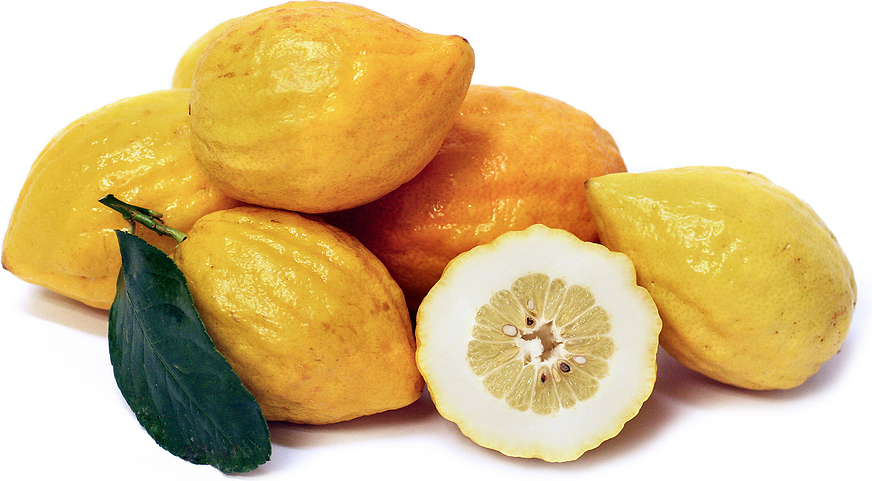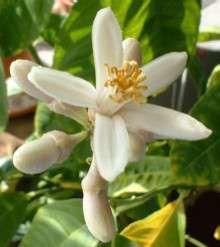The Reminding Etrog
 One of the interesting things about the Festival of Sukkot is the strangest of all fruits, the etrog. Most people would not think of using it for anything other than for decoration. It is hard to cook with, extremely sour and very, very tough to peel. So why did Jewish tradition choose the etrog of all fruits/
One of the interesting things about the Festival of Sukkot is the strangest of all fruits, the etrog. Most people would not think of using it for anything other than for decoration. It is hard to cook with, extremely sour and very, very tough to peel. So why did Jewish tradition choose the etrog of all fruits/
No one knows!
There is a midrash that the etrog was the fruit plucked in the Garden of Eden and eaten by Adam and Eve.
Maybe.
I think there may be another reason.
What makes the etrog kosher? Well, it has to have no blemishes, must be yellow and must have the stem where the flower grew (called the pitam). And where there is tradition, there is midrash and where there is midrash, there is a lesson. What can the lesson of the etrog be?
Let’s focus on the pitma, that part of the etrog where the flower once grew.
The pitma is a remnant of the etrog’s infancy. It is the spot where the potential became real. It was in the spot that a bee landed and pollinated the etrog tree. The pitma is that place of beginning. And therein lies the midrash.
Sukkot is about beginnings in a very real way. It is the beginning of the year when we count our blessings. It is the beginning of our awareness of our fragility and mortality. That is why we dwell in the temporary Sukkah and read the book of Ecclesiastes – the most direct and bewildered Biblical author who laments on the fragility and temporary nature of life.
The pitma is the etrog’s midrash that we must never forget that we all come from somewhere and someone. None of us stands alone. None of us acquired our wisdom strictly from ourselves. We stand on the shoulders of others. We inherited our Jewish souls – yes, even Jews by Choice inherited their Jewish souls – and we embraced our teachers’ and parents’ wisdom. We must never forget that.
 But there is another midrash: like the pitma which is a remnant of a flower, we too are all destined to die. There is no getting away from that. And like the pitma which is a small memory of that beautiful flower, we are reminded by it and called by it to leave something of our memory when we leave this life. What beauty will we leave behind? What will be the memory of our flower be like? How will our pitma look after we are gone?
But there is another midrash: like the pitma which is a remnant of a flower, we too are all destined to die. There is no getting away from that. And like the pitma which is a small memory of that beautiful flower, we are reminded by it and called by it to leave something of our memory when we leave this life. What beauty will we leave behind? What will be the memory of our flower be like? How will our pitma look after we are gone?
These are the questions of Ecclesiastes and they are the questions we should always be asking.
Have a joyous Sukkot and take time to smell the flowers and leave a few behind you in your holy walk.